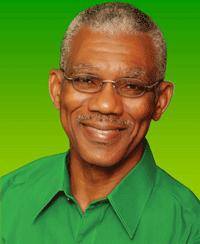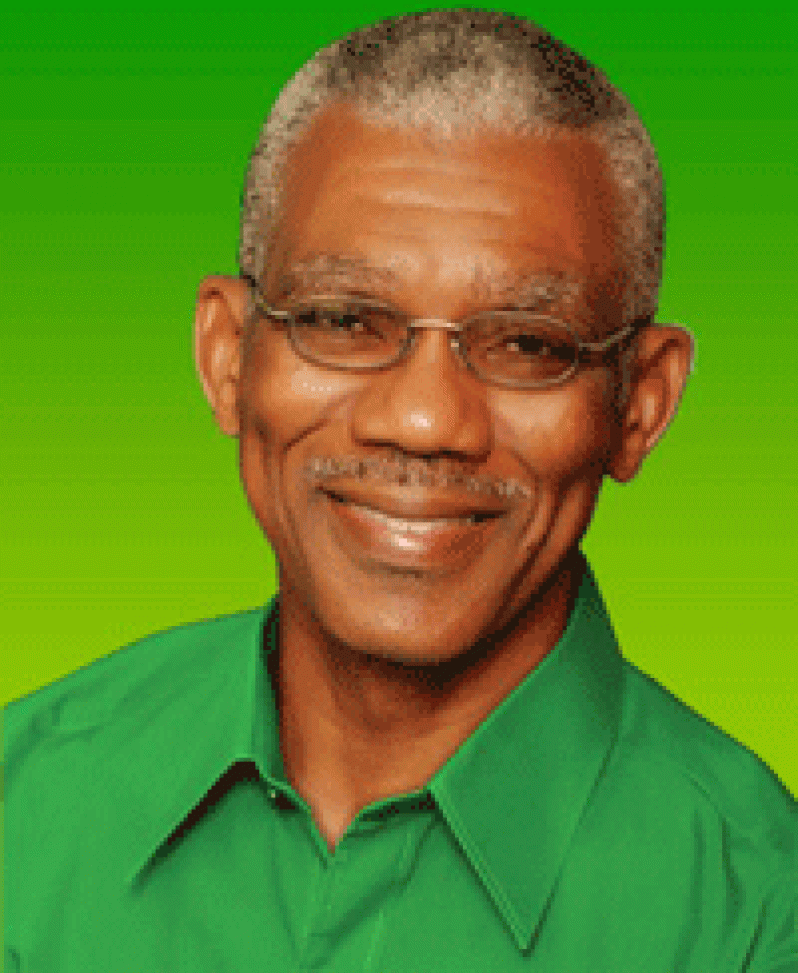LEADER of the Opposition Brigadier David Granger told graduates of the Cyril Potter College of Education that they needed higher stipends and laptop computers to enable them to deliver a ‘first-rate’ education to Guyanese children.
 Granger, addressing the College’s 78th graduation ceremony on Tuesday, referred to the dramatic advances in science, communications, technology and engineering which have taken place in the world since Robert Cyril Gladstone Potter – after whom the College was named – graduated from the Mico-Teachers’ Training College in Jamaica in 1920.
Granger, addressing the College’s 78th graduation ceremony on Tuesday, referred to the dramatic advances in science, communications, technology and engineering which have taken place in the world since Robert Cyril Gladstone Potter – after whom the College was named – graduated from the Mico-Teachers’ Training College in Jamaica in 1920.
Granger pointed out that Guyana needs engineers to build bridges and roads to open the hinterland; geologists to exploit bauxite, diamond, gold, manganese and quarrying resources and biologists, botanists, zoologists and agriculturists and other scientists to expand food production. He challenged the education system to produce the scientists without whom this country cannot be developed.
He was critical of the large number of primary school children who cannot qualify to enter secondary school, the thousands of children who drop out of primary and secondary schools every year and the school-leavers who cannot find jobs.
Granger, according to a statement from his office, expressed concern over the ‘tiny’ stipends paid to trainees and the low pay of teachers which contribute to the intolerable teacher turnover rate. To counter this trend, he said that “we must aim at elevating teaching to become the best-paid profession in the entire public service.”
He also criticised the large number of untrained and unqualified teachers and the inordinate length of time it takes to earn a full degree and committed to continue to aim at making “every single teacher a university graduate in the shortest time possible.”
He said that we should continue to work towards giving ‘one lap-top per teacher’ from the first day he or she enters College.
Granger charged the new graduates of the Cyril Potter College of Education to contribute to the country in which they were born but contemplate a better future for the country in which they wanted to live; to share their knowledge; enjoy our country’s unique cosmopolitan society and employ their energy, experience, expertise and education to build a nation in which everyone can enjoy ‘a good life.’



.jpg)








